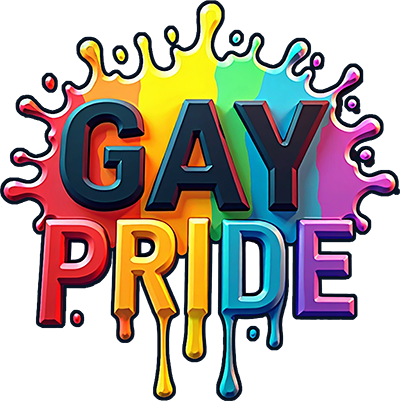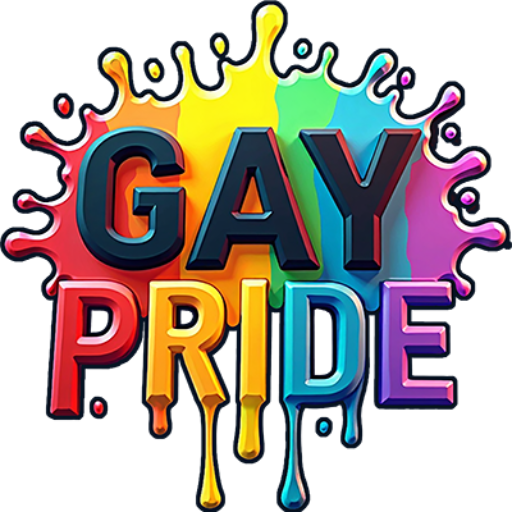Resilience and Resistance: The LGBTQ Fight for Rights
The fight for LGBTQ rights has been a long journey filled with resilience and resistance. From the early days of secret meetings to the rainbow-filled pride parades of today, the LGBTQ community has continuously fought for acceptance and equality. Join us as we explore the history, the struggles, and the triumphs of this vibrant community in their quest for rights.
Table of Contents
1. The History of LGBTQ Rights
2. Key Moments in the Fight for Equality
3. Modern Challenges and Resistance
4. The Role of Resilience in the Struggle
5. Conclusion
6. FAQ
The History of LGBTQ Rights 📜
The history of LGBTQ rights is a tapestry woven with courage and determination. In the early 20th century, being LGBTQ was considered a crime in many parts of the world. However, small, underground movements began to form, advocating for the community’s rights and seeking societal change.
In 1969, the Stonewall Riots in New York City became a pivotal moment. After a police raid at the Stonewall Inn, a gay club, patrons and local community members began a series of protests that eventually catalyzed the modern LGBTQ rights movement. This event is commemorated every year with pride marches worldwide.
Key Moments in the Fight for Equality 🌈
The fight for LGBTQ rights has seen numerous milestones. In 1973, the American Psychiatric Association removed homosexuality from its list of mental disorders, a significant step towards normalizing LGBTQ identities.
Another landmark moment came in 2015 when the United States Supreme Court legalized same-sex marriage nationwide, a victory celebrated by millions. This decision marked a significant step forward, although the fight for complete equality continues.
Modern Challenges and Resistance 💪
Despite the progress made, the LGBTQ community still faces numerous challenges. Discrimination, violence, and legal obstacles persist in many regions. Recently, debates around transgender rights, particularly concerning healthcare and military service, have highlighted ongoing issues.
Activists continue to resist these challenges, using social media platforms to raise awareness and mobilize support worldwide. The resilience of the community remains unwavering, as they strive for full acceptance and equal rights.
The Role of Resilience in the Struggle ✨
Resilience has been the backbone of the LGBTQ fight for rights. Through adversity, the community has shown immense strength, creativity, and solidarity. From organizing grassroots protests to influencing policy changes, resilience has driven the movement forward.
Personal stories of survival and triumph inspire others to join the cause, fostering a sense of unity and shared purpose. This resilience is evident in everyday acts of courage, such as coming out to family and friends or standing up against discrimination at work.
Conclusion
The journey towards LGBTQ equality is a testament to the power of resilience and resistance. While significant progress has been made, the fight is not over. It is essential to continue supporting the community, advocating for change, and celebrating diversity. Together, we can create a world where everyone, regardless of their identity, is free to live authentically and without fear.
FAQ
Q1: What was the Stonewall Riots’ impact on the LGBTQ movement?
The Stonewall Riots served as a catalyst for the modern LGBTQ rights movement, leading to increased visibility and the formation of advocacy groups worldwide.
Q2: Why is resilience important in the fight for LGBTQ rights?
Resilience is crucial as it empowers individuals to overcome challenges, unite the community, and push for lasting change in the face of adversity.
Q3: What are some current issues facing the LGBTQ community?
Current issues include discrimination in healthcare, debates over transgender rights, and violence against LGBTQ individuals, especially in conservative regions.
Q4: How can I support the LGBTQ rights movement?
You can support the movement by educating yourself, advocating for policy changes, supporting LGBTQ-owned businesses, and attending pride events.
Q5: What role does social media play in the fight for LGBTQ rights?
Social media amplifies voices, raises awareness, and mobilizes support for LGBTQ issues, enabling global connection and advocacy.

